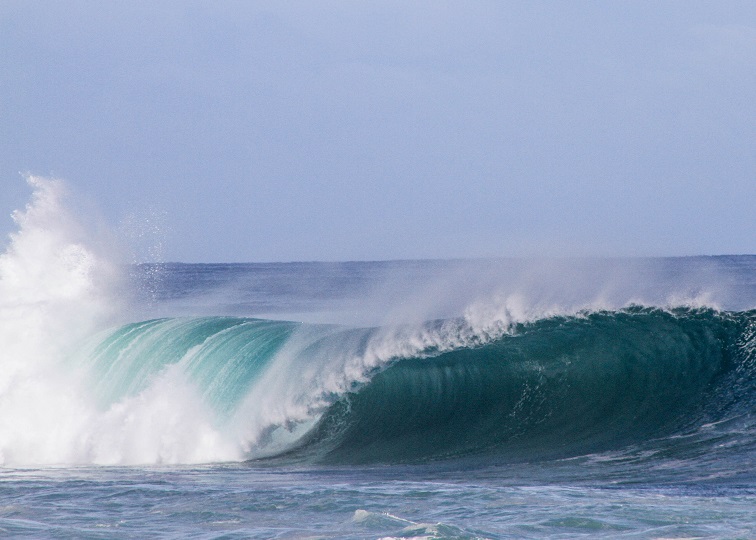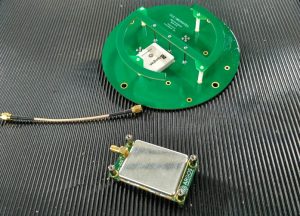The WAVY drifter revolution: Towards low-cost ocean observations
- March 13, 2019
- Category: Flash info

The ocean is one of the key components of the Earth system, influencing our weather, and acting as a key climate regulator. Despite progress in ocean studies, there is a recognized need to increase the number of observations of the marine environment to better understand, and protect, our oceans. That is why a consortium of ten European institutions including CLS and led by Deimos Space, are developing a whole new generation of drifting buoys, called WAVY, within the framework of an H2020-funded project, MELOA.
Revolutionizing in-situ observation networks
MELOA (Multi-purpose/Multi-sensor Extra Light Oceanography Apparatus) is a H2020 project that will run from December 2017 to February 2021. The goal of the project is to develop a range of drifter units called WAVY. WAVY will revolutionize current in-situ observation networks as they are designed to be low-cost, easy to deploy, highly versatile and have low maintenance needs.
 The entire range of WAVY buoys will be tested by a wide community of oceanographers and meteorologists in test campaigns in Europe. The ultimate goal of this project is to inspire new buoy manufacturers to produce low-cost buoys based on this innovative H2020 project and provide a new generation of oceanographers with affordable alternatives to fill in the gaps of our current ocean observing networks.
The entire range of WAVY buoys will be tested by a wide community of oceanographers and meteorologists in test campaigns in Europe. The ultimate goal of this project is to inspire new buoy manufacturers to produce low-cost buoys based on this innovative H2020 project and provide a new generation of oceanographers with affordable alternatives to fill in the gaps of our current ocean observing networks.
CLS contribution
CLS is a key partner of the project, bringing over 30 years of international collaboration with in-situ observation networks to the table. As unique operator of the Argos system, CLS provides telemetry services for the satellite-connected WAVY buoys, and also works closely with buoy manufacturers to contribute to buoy design. Within this project, CLS will develop a unique modem based on the Argos chipset to optimize Argos telemetry communications for remote ocean observations.
Argos satellite telemetry for open ocean observations

Argos was chosen as the satellite telemetry system for WAVY’s open ocean observations due to system’s low energy consumption and robustness. The new Argos Transceiver developed within the project is based on the Artic Chipset, it will provide a very low consumption and low-cost solution for connecting Assets at sea. Artic chipset will provide the latest Argos functionalities as using the downlink for satellite pass prediction and Argos-4 HighData rate transfer for big packet of data like Waves Spectra information.
With a long experience in data processing for ocean applications, CLS will process the data collected by WAVY buoys and deliver through the MELOA portal as open data to the board of scientists involved in the project but also to operational ocean and weather community.
Data calibration and validation
As a world leader in altimetry data processing, CLS collaborates with ocean observing networks (such as ARGO) in order to validate & calibrate in-situ measurements with space-based observations. Within the WAVY project, CLS will capitalize on its altimetry expertise as well as its internationally recognized satellite-aperture radar (SAR) know-how to cross calibrate in-situ wave and current measurements with satellite-based altimetry and radar observations.

